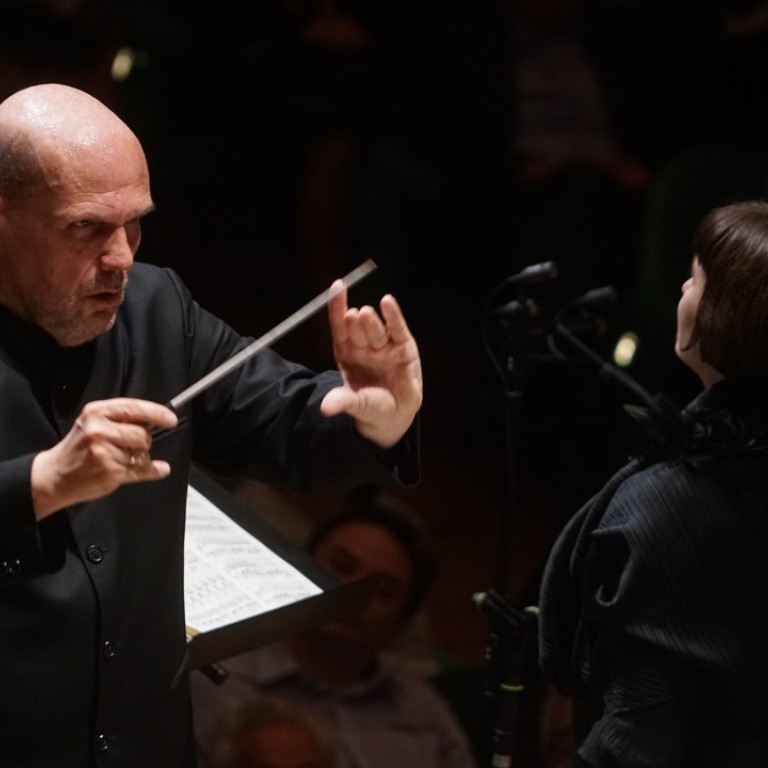
Review: Götterdämmerung/HKPhil/Jaap van Zweden – a wrestling match fought to a draw
Concluding part of Wagner’s Ring cycle saw cast initially struggle to match the power of orchestra’s playing, and some of the singing didn’t match the transcendence of 2017’s Siegfried – but hey, the HKPhil finally did it
So they finally did it.
After talking about presenting a full run of the Ring cycle since 2004, the Hong Kong Philharmonic Orchestra finally made good on its promise, bringing their four-year concert survey of Wagner’s epic tetralogy to an end on Thursday night.
It was, even compared to the HKPhil’s previous Wagner outings, a muscular effort.
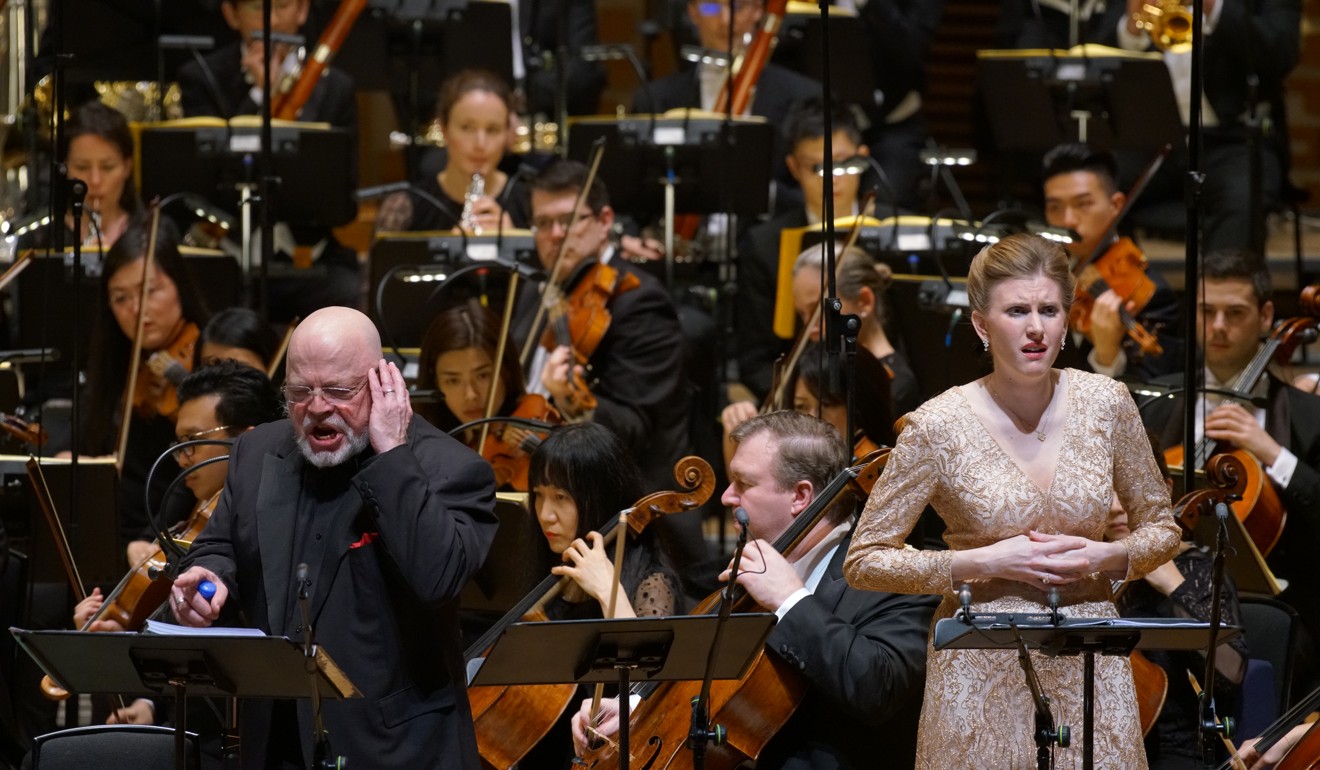
Having the orchestra on stage rather than in the pit by nature demanded from the singers more brute force than vocal finesse. For the orchestra, merely getting through the entire score has now put them through one of the hardest endurance tests in the repertory.
Just how long is Götterdämmerung? Act I alone is more than two hours, able to swallow Puccini’s La Bohème in its entirety. A performance of the full three acts often ends on a different calendar day than it begins. (For the record, Thursday’s performance began at 6.04pm and ended at 11.38pm.)
Spending time with the Ring one realises that, narratively speaking, its imposing length is partly gratuitous, with nearly an hour of Götterdämmerung alone dredging up backstory from previous instalments. Redundant it may be, but the added exposition does help someone just walking in to catch up with the story.
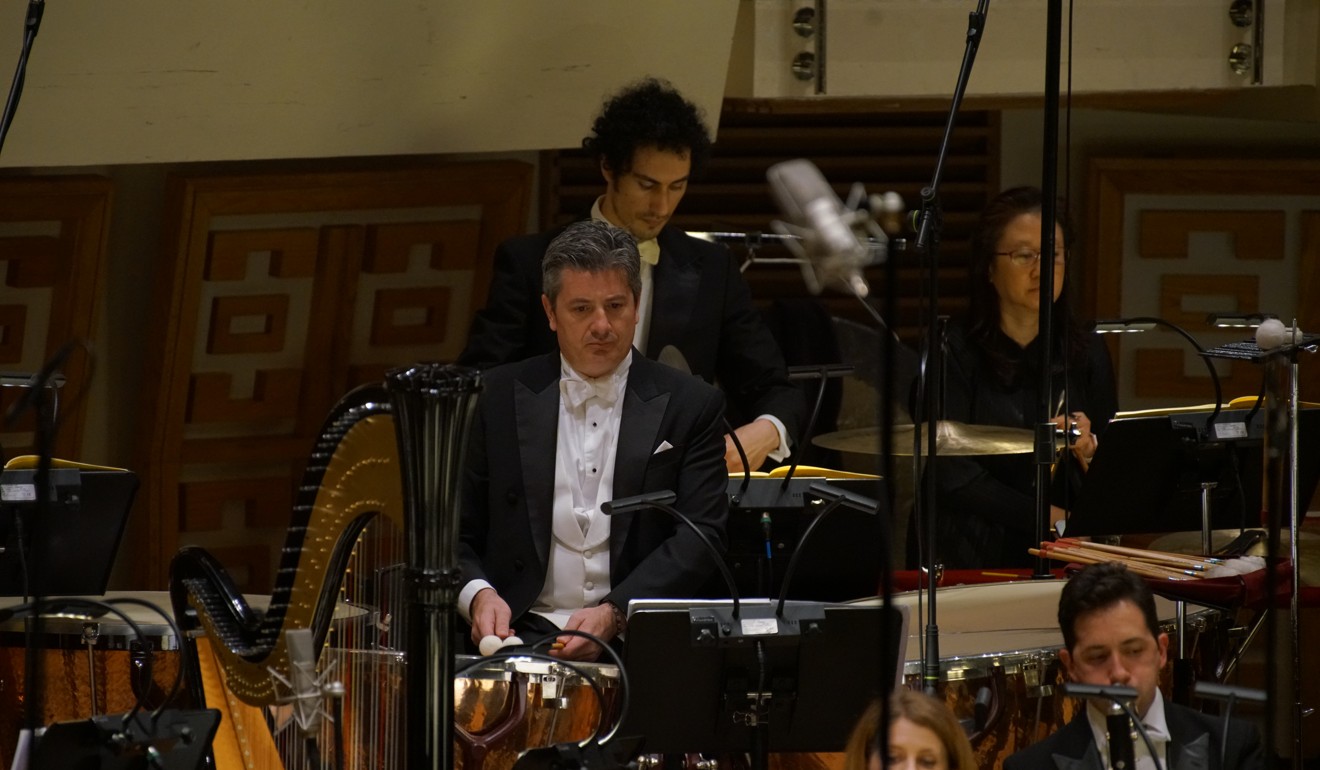
In Götterdämmerung, boy meets girl, boy forgets girl (with the help of a dubious potion), boy meets second girl, then complications ensue. The rest, as they say, is detail, but it ends up with the Hall of the Gods being consumed in flames.
If we seem to be missing a few things here, this is more or less how it felt on Thursday trying to follow the story from the cast’s general lack of physicality.
China’s Shenyang fulfils dream of singing Wagner in Hong Kong performance
After the opening scene, where the HKPhil ran roughshod over the Norns (mezzo-sopranos Sarah Castle and Stephanie Houtzeel and soprano Jenufa Gleich), Gun-Brit Barkmin’s Brünnhilde and Daniel Brenna’s Siegfried wrestled the orchestra to a draw. Chinese bass-baritone Shenyang’s Gunther and Eric Halfvarson’s Hagen, partly through sinister characterisations, partly through smart vocal technique, managed to effectively cut through the orchestral wall.
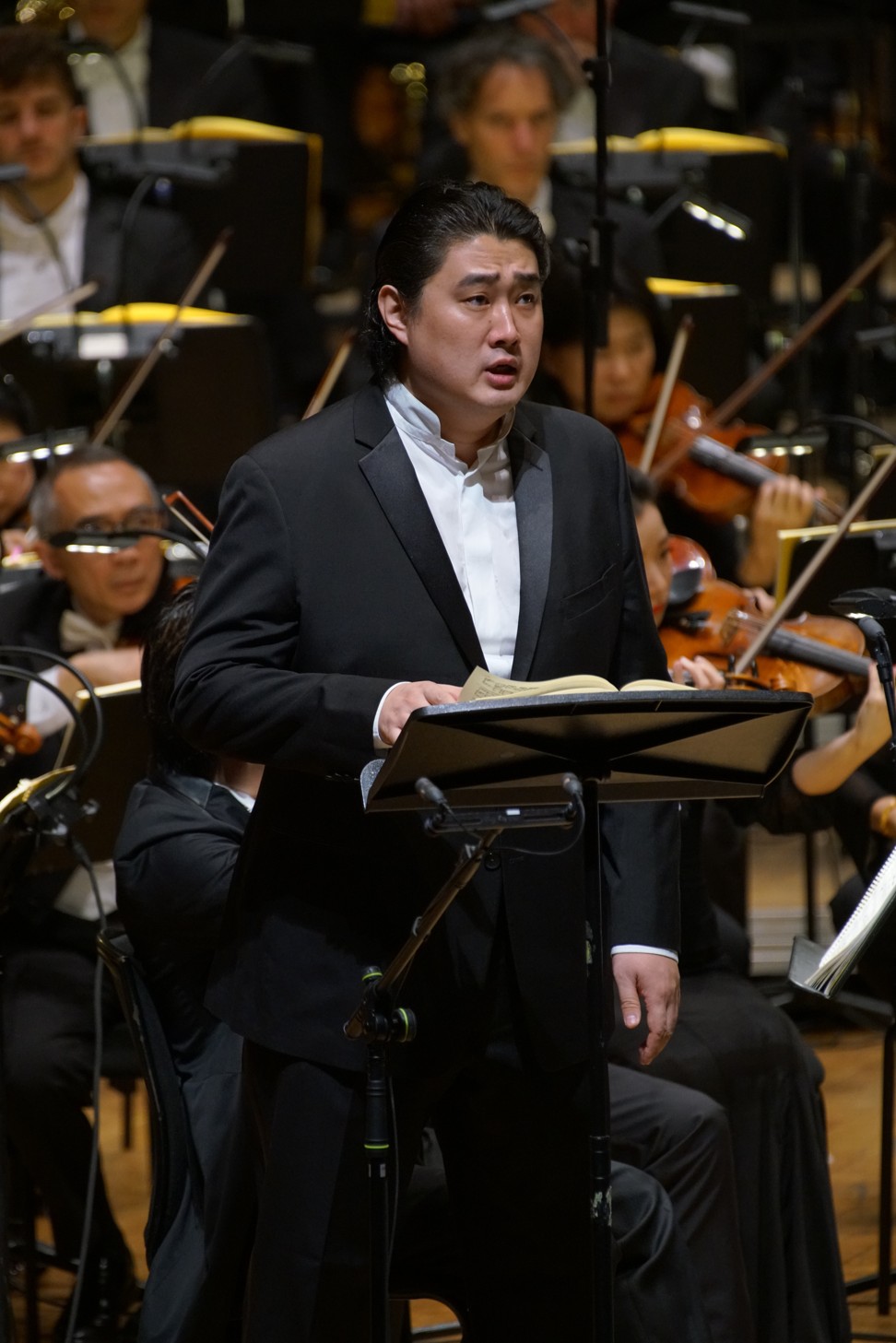
The brunt of the effort, though, fell on the orchestra, which to its credit came out strong and never lost momentum. Some credit for the HKPhil’s way with Wagner should go to previous music director Edo de Waart, a veteran of Ring cycles in San Francisco and Sydney who managed to programme a few excerpts and part of Die Walküre during his tenure.
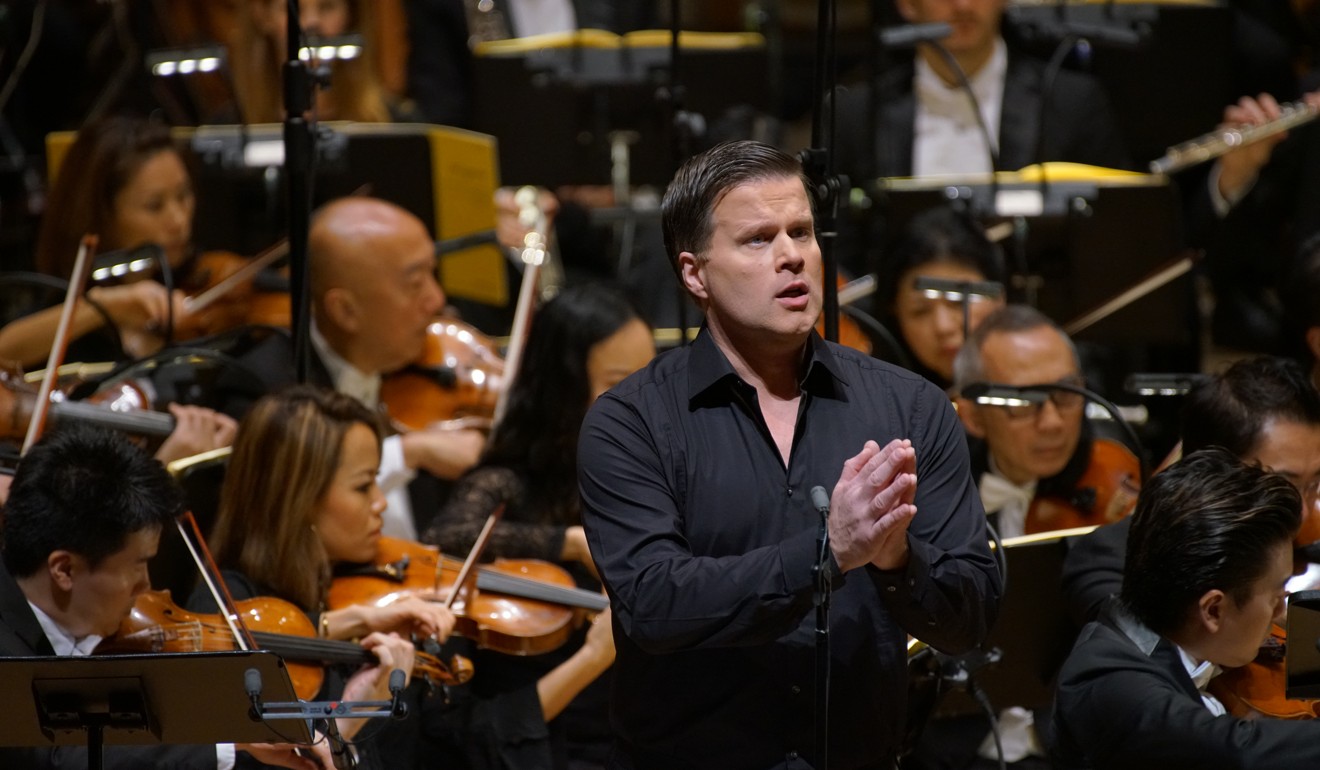
Idiomatically, De Waart taught the orchestra to put one foot in front of the other. Van Zweden, though, finally got them through the marathon.
There is one more performance on January 21 at 3pm, Hong Kong Cultural Centre Concert Hall
The Ring Cycle Part 4: Götterdämmerung, Hong Kong Philharmonic Orchestra, Hong Kong Cultural Centre Concert Hall. Reviewed: January 18
